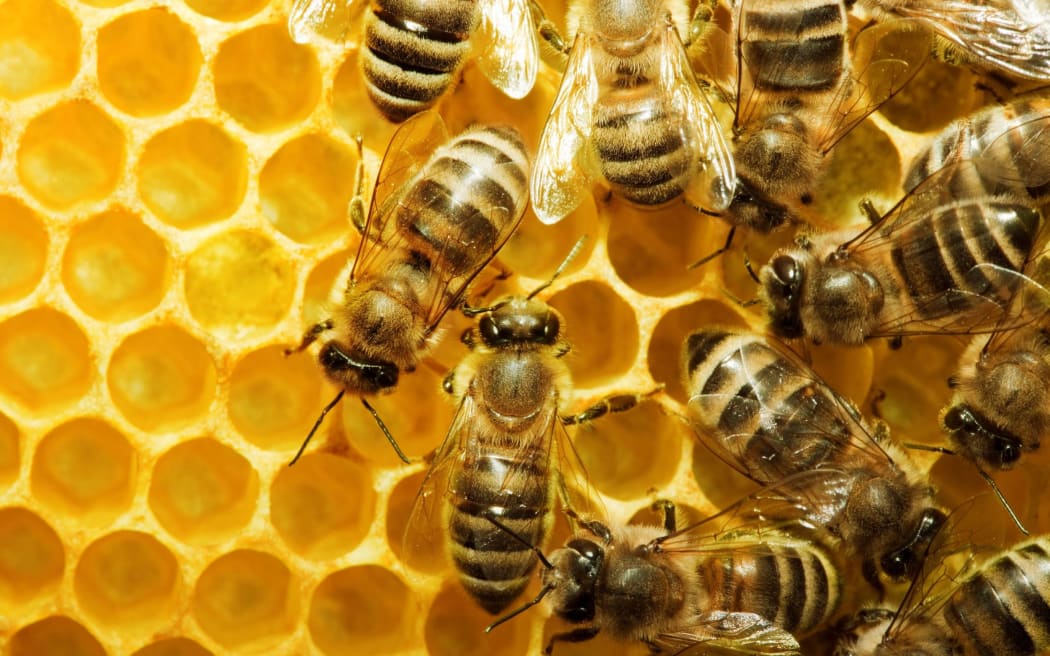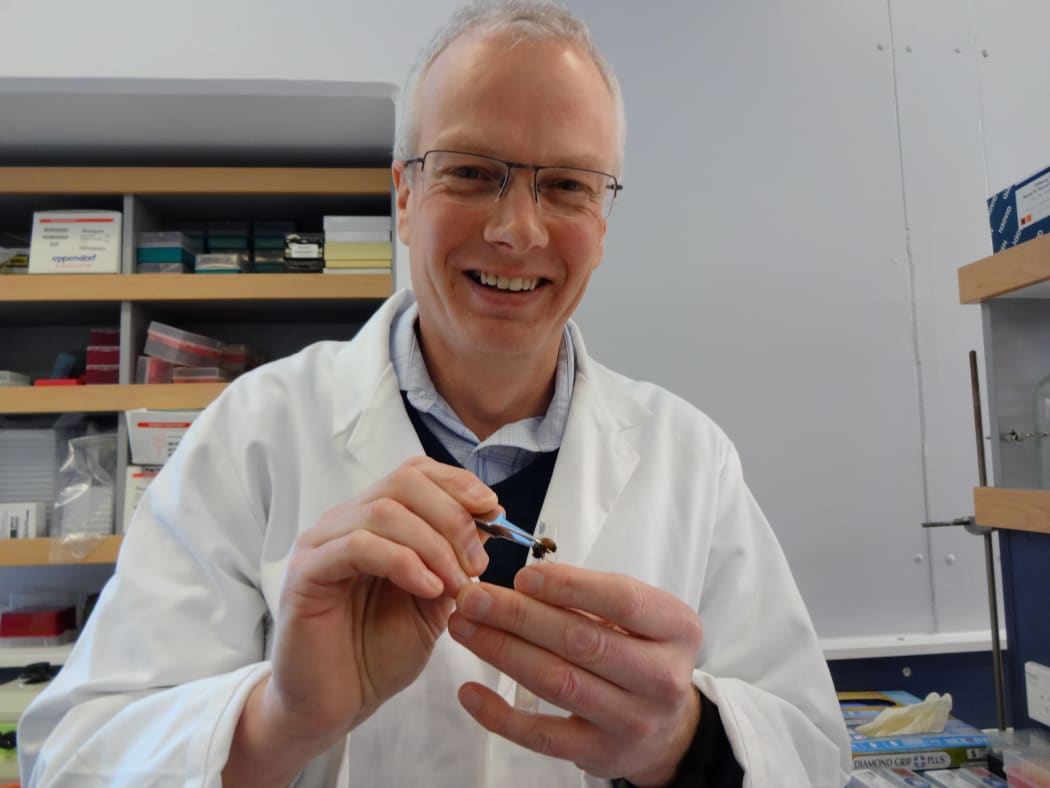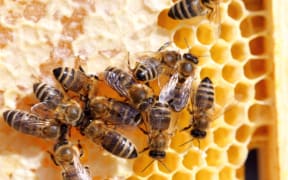An analysis of a group of pesticides known as neonicotinoids has confirmed that they are harmful to wild bees and honey bees.

Photo: 123rf.com
It's a widely debated global issue, with some groups wanting to follow in France's footsteps and completely ban neonicotinoids.
The analysis by Europe's food safety watchdog, EFSA, collected all the scientific evidence and literature reviews on the effect of the pesticides on bees.
It concluded that any outdoor use of neonicotinoids puts bees at risk.
In New Zealand there is some use of the pesticide, but it is controlled by the Environmental Protection Authority.
Professor Phil Lester from Victoria University is one New Zealand's leading insect experts, and said the findings were concerning.
"It is worrying, no one wants to see honey bees die and our pollinator populations collapse."
"(The study) is a massive piece of work, it's 1500 papers that they've reviewed so it's very very expensive. I'm sure countries all around the world will be lapping it up and utilising it."

Phil Lester with a honey bee. One of the viruses found in Argentine ants is the deformed wing virus, which is deadly for bees. Photo: Veronika Meduna / RNZ
He said the new analysis was much more significant than any done before it, because it was not a single study on one particular country.
"I think it will be of use. New Zealand is still quite different from Europe so we have to interpret those findings in light of our crops and the way New Zealand uses neonicotinoids."
He said while bees were vital to the agricultural sector for pollinating crops, pesticide use was a balancing act.
"We also need to recognise that agriculture needs to use pesticides at times, we're not in a situation at the moment where we can stop using pesticides."
The Environmental Protection Authority said in a statement that it had been keeping up with the new analysis and waiting for publication of the risk assessments.
It said it would review it fully before commenting on any possible implications for New Zealand.



